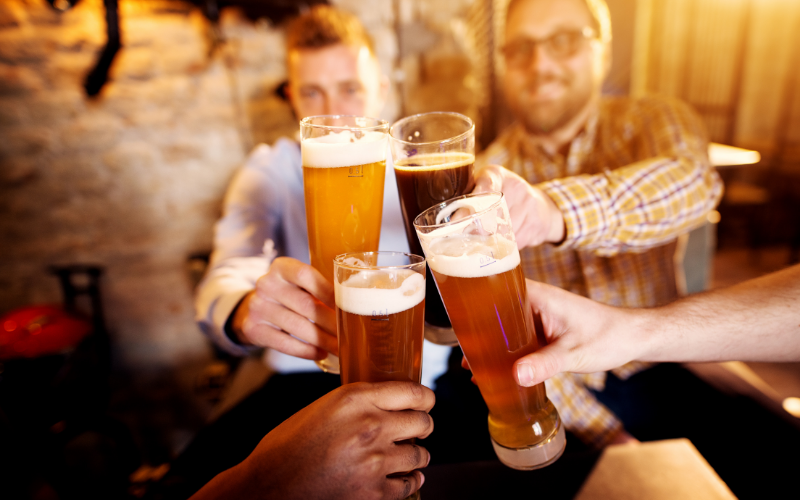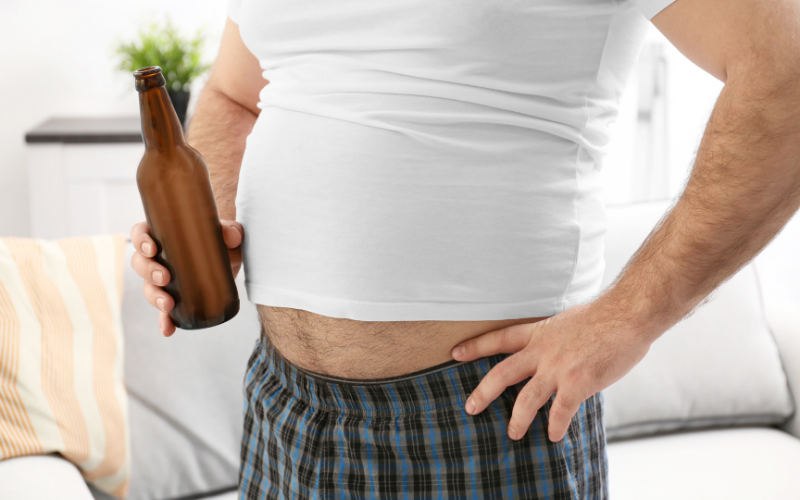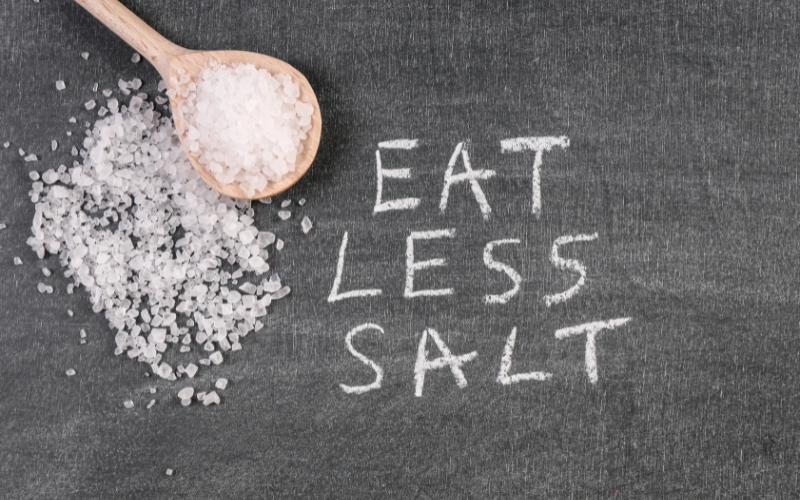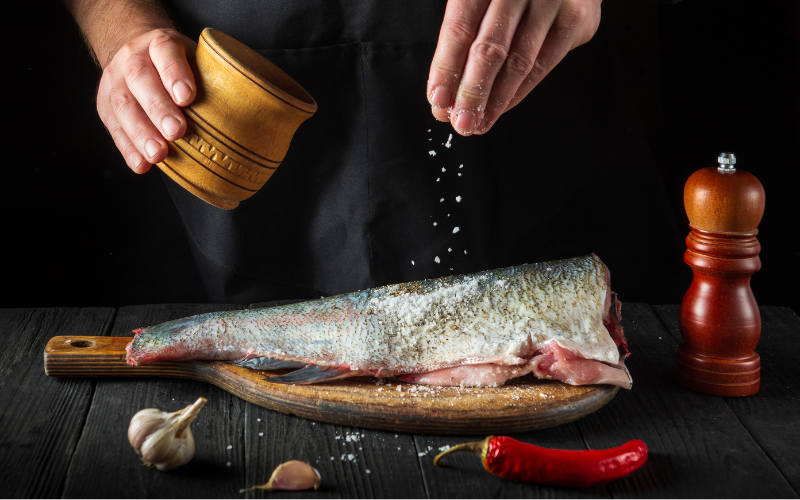Replaced burpees with beer? Don’t let your love for beer sabotage your diet.

Uh oh, have you been swapping barbells for bars recently and indulging in a few too many schooners? This certainly isn’t going to help your health kick, but is there a way to mitigate the damage?
The downside of bottoms up
First things first, let’s cover five key reasons why we don’t encourage over consumption of beer (or any alcoholic beverage for that matter).
- Drunkenness – yup, drink too much beer and you can become drunk! Cue the impacted speech - not a good look if you’re out to impress; impaired vision - beer goggles, need we say more!; bad balance - oops, need a hand up there?; and poor judgement - regretting that nudie run now, are you? If you’re not keen on next-day remorse, then keep your beer consumption and drunkenness in check.
- Liver damage – your liver’s job is to eliminate toxins including alcohol from your system. Overwork it and you can end up with compromised function and fatty deposits, some of which can be irreversible.
- Other health risks – including heart disease, high blood pressure, brain damage and cancers. The risks are cumulative so the more you drink, the higher your chances of developing problems.
- Hangovers – urgh, horrid and can take the form of headaches, vomiting, dizziness, fatigue, light and sound sensitivity. A hangover can mess with your memory and perception and inhibit your ability to perform at work or study.
- Beer belly - you know that dad-bod gut that appears out of nowhere? Learn how to lose it in our Blog The Dad Bod: How to get rid of a beer belly
Okay, so now we’ve established that moderation is the way to go, we should define it. According to the Australian Department of Health and Aged Care, healthy men and women can reduce their risk of harm by consuming no more than ten standard drinks in a week and not more than four drinks on any one day. Here’s a copy of the revised Australian alcohol guidelines.
Is beer good for you?
No – sorry if you were wishing for another answer, but luckily there are some better beer options available. Firstly, low alcohol brews are between 2 – 4 times less potent that regular varieties. That means you won’t feel the effects or cop the health risks nearly so much.
Low carbohydrate beers are also of merit if carbs concern you or you’re watching your weight. They have around one third of the carbohydrate content of a standard beer but they’re not low alcohol. If you’re weighing up low alcohol versus low carb beer, both contain around the same amount of calories (roughly 20-30% less than standard beer). But choosing the low alcohol one would be the better pick due to the reduction in your short and long term personal health risk.
A sour beer could also be a worthy choice in terms of your digestive system as wildly fermented and aged beers contain gut-healthy bacteria and yeasts. But consumers beware… not all sour beers are created equal. The authentic ones take months to produce and tend to be pricey. Short cuts can mean that a sour taste has been added to the brew (from fruits or acids being thrown in at the end), rather than developing naturally through wild fermentation. And if it’s been pasteurised then the heat applied will have killed off all the good bacteria. There’s little of gut-value in that.
How many burpees to burn off a beer?
136. Research we found suggests that an average male should perform 136 burpees (205 burpees for women, sorry) to burn off one IPA beer. That's Indian Pale Ale for the uninitiated. Another option is to eat healthy meals when you know you will be beer-dulging. Having some Dietlicious meals in the freezer ready to grab for an easy, convenient healthy meal might be more realistic than dropping for those burpees.
Everyone deserves a night out so enjoy it! Just drink consciously, try to eat healthy food, don’t overdo it and remember your end game. If you have clear healthy lifestyle goals you will always work your way back to the gym, even after a little diversion.
And with our gourmet range of healthy prepared meals you can look forward to each day knowing that no matter what happens (or doesn’t), at least your diet is delicious.








